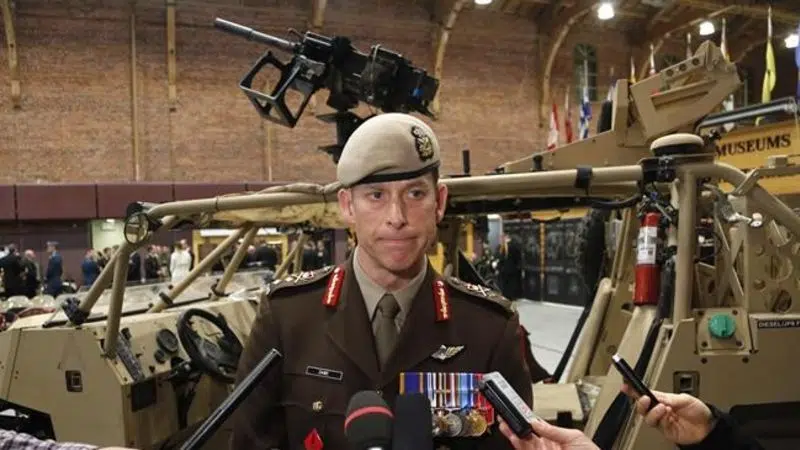
As U.S. plans in Syria shift, Canada tries to plan for own forces in Iraq
OTTAWA — The commander of Canada’s special forces says officials are watching closely to see what impact U.S. plans to withdraw hundreds of soldiers from Syria could have on Canada’s mission in neighbouring Iraq.
In an interview with The Canadian Press, Maj.-Gen. Peter Dawe said the planned U.S. withdrawal from Syria has not yet had any material impact on his soldiers’ mission against the Islamic State of Iraq and the Levant, which is up for renewal at the end of March.
“We are tracking it all very closely, the entire coalition is … to see ultimately how that plays out and what the timelines are and what subsequent plans might look like,” said Dawe. “Because from a coalition perspective, there are sort of broader implications.”

